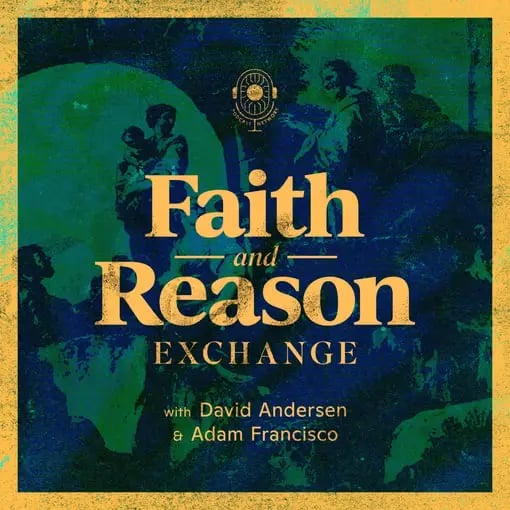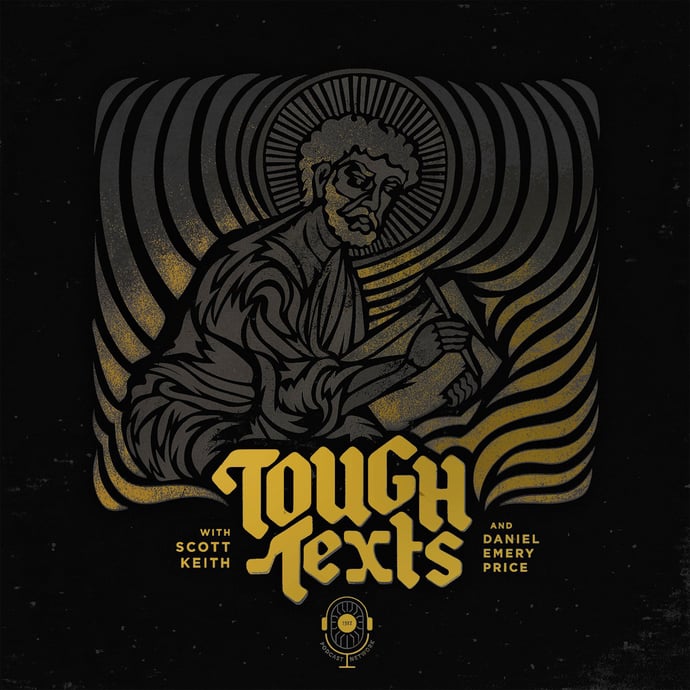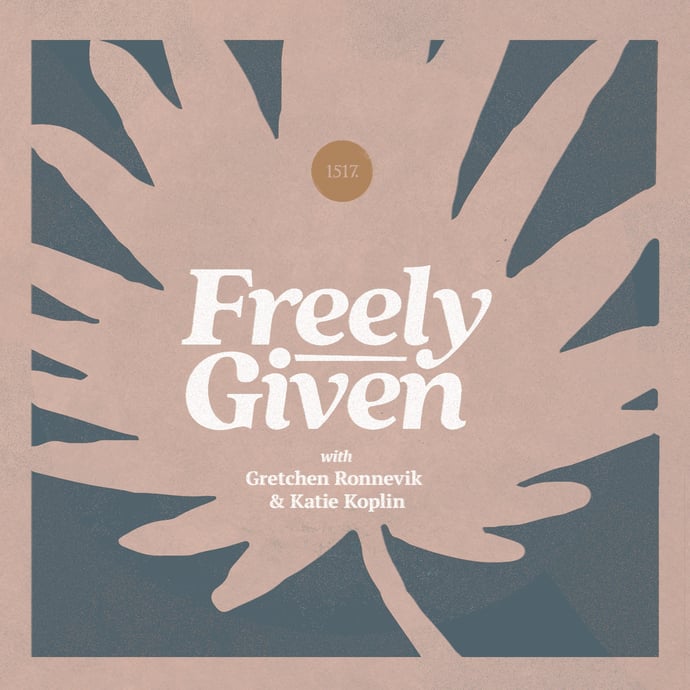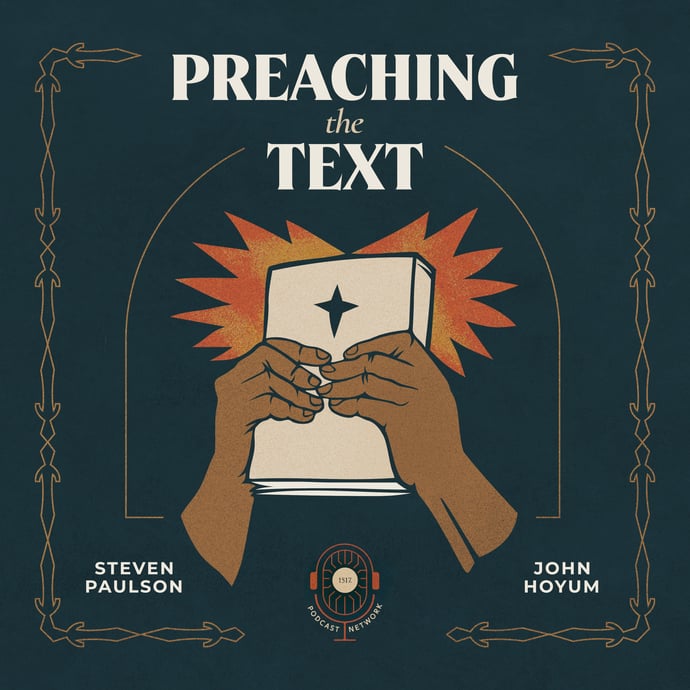What does faith have to do with reason?
Podcasts
Each 1517 Podcast is dedicated to delivering Christ-centered content through weekly, monthly, and seasonal audio platforms. Listen online or on your favorite podcasting app.
Author
- All Authors
- Aaron Zimmerman
- Adam Francisco
- Amy Mantravadi
- Blake Flattley
- Bob Hiller
- Bradley Gray
- Brian W. Thomas
- Bror Erickson
- Bruce Hillman
- Caleb Keith
- Chad Bird
- Chris Rosebrough
- Christopher Gillespie
- Cindy Koch
- Craig Donofrio
- Dan van Voorhis
- Daniel Deen
- Daniel Emery Price
- Darrin Sheek
- David Andersen
- David Rufner
- David Zahl
- Debi Winrich
- Delwyn Campbell
- Donavon Riley
- Doug Klembara
- Edward Killian
- Elyse Fitzpatrick
- Erick Sorensen
- Flame
- Grant Klembara
- Gretchen Ronnevik
- Haroldo Camacho
- Jacob Smith
- Jared C. Wilson
- Jeff Mallinson
- Jeffrey Pulse
- Jessica Thompson
- Jim Nestingen
- Joel Fitzpatrick
- Joel Hess
- John Andrew Schreiner
- John Bombaro
- John T. Pless
- John W. Hoyum
- John Warwick Montgomery
- Katie Koplin
- Kelsi Klembara
- Ken Sundet Jones
- Magnus Persson
- Matt Popovits
- Michael Berg
- Michael Horton
- Nick Lannon
- Paul Koch
- Peter Nafzger
- Philip Bartelt
- Raleigh Sadler
- RJ Grunewald
- Robert Kolb
- Rod Rosenbladt
- Ron Hodel
- Sam Leanza Ortiz
- Sarah Condon
- Sarah Crowder
- Scott Davis
- Scott Keith
- Steven Paulson
- Tanner Olson
- Troy Neujahr
- Uwe Siemon-Netto
- Wade Johnston
- William Cwirla
-
In today's episode of Tough Text, Scott Keith and Daniel Emery price delve into a thought-provoking understanding of 1 John 2:15-27. In this passage, the apostle John, writing with pastoral concern, warns believers against the dangers of worldly temptations and false teachings.
-
We are interviewing Courtney Burns, who is a school counselor for Faith Lutheran School in Las Vegas, NV.
-
All In The Family. In this episode, we discuss marriage, vocation, and cute theology of the cross. How can Luther’s teaching and preaching on marriage and vocation help Christians at present waist the temptations of the world and Satan, which pervert and disrupt God’s will for marriage? What does baptism have to do with marriage? How does Luther’s formulation of marriage and family help Christians comprehend their relation to society and the state?
-
On this episode of Preaching the Text, John Hoyum and Steve Paulson discuss the story of the Canaanite woman who begs that he heal her daughter.
-
We are obligated to do the good works of God.
-
In today's episode of Tough Tects, Scott Keith and Daniel Emery Price delve into Ecclesiastes 2:17-26.
-
Craig and Troy work out the very nature of the Christian faith . . . but maybe it's not what you thought it was.
-
In view of recent news events, Kelsi has Adam Francisco on to the theological implications of the existence of aliens and UAPs.
-
Pardoxeses? Pardoxi? Para . . . well, whatever the plural of "paradox" is, Craig and Troy cut to the quick and determine when a paradox of the Christian faith is good, when it must not be resolved, and when it should be just believed.
-
We are interviewing Austin Hanson, who teaches science to middle schoolers at West Central Public Schools. Picking up on our vocation series, we are wanting to talk with people in various vocations,(as we find them) to talk about how their faith impacts their work.
-
Author David Andersen joins Kelsi to discuss his book, "What Can We Really Know? The Strengths and Limits of Human Understanding" and how the study of knowledge leads us to some inevitable truths about ourselves and the limits of knowledge, in general.






